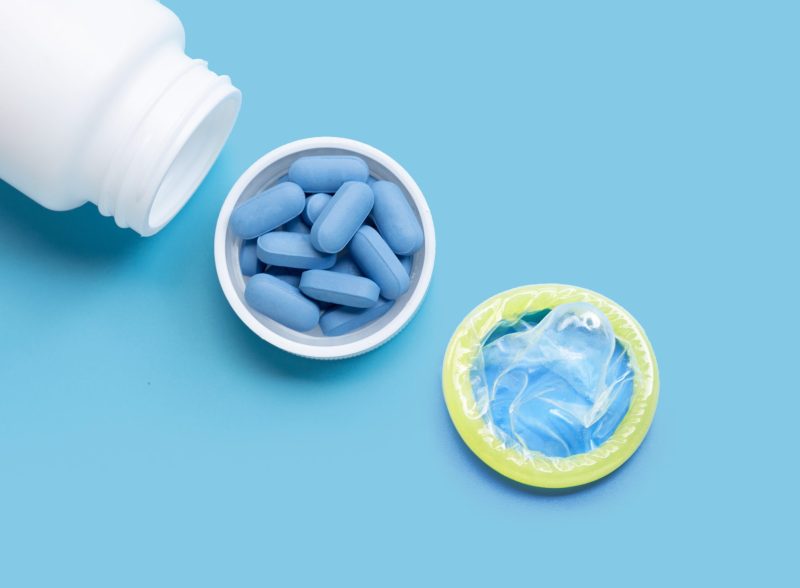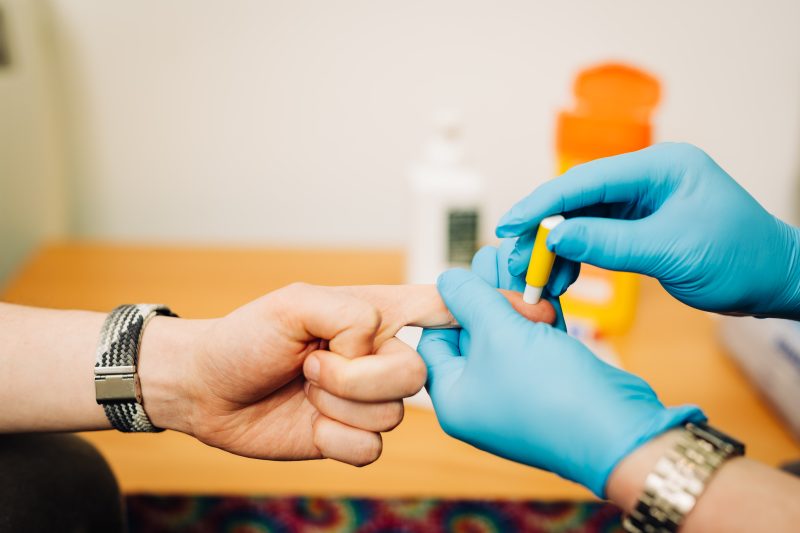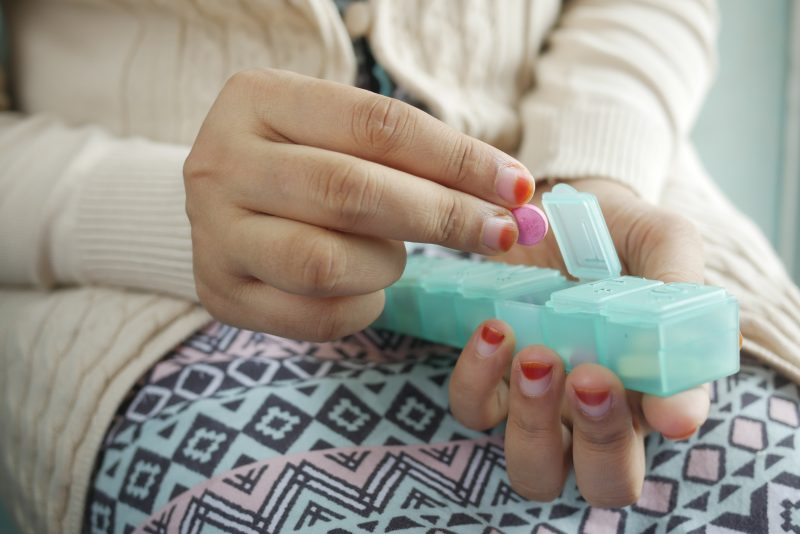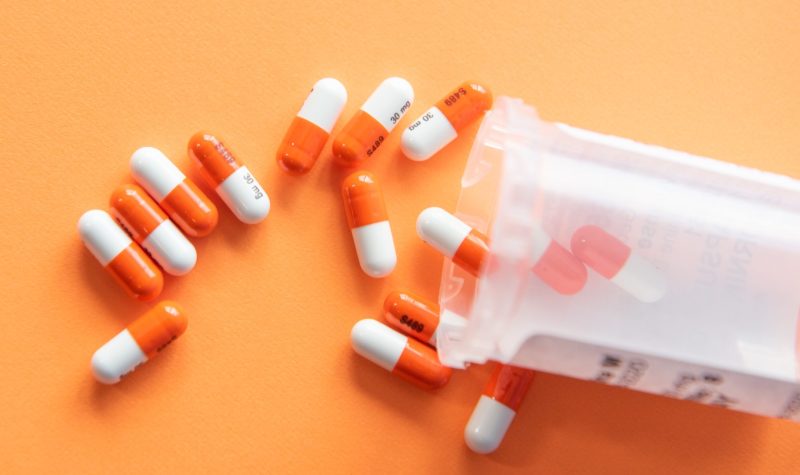Treatments for HIV are very effective, meaning that you can live a long and healthy life with HIV.
Key things to know
A person living with HIV who is diagnosed early and receives effective treatment and medical care has a similar life expectancy to someone who doesn’t have HIV.
HIV treatment works by:
- reducing the amount of HIV in your body,
- reversing damage to your immune system,
- preventing further damage, and
- stopping HIV from being passed on to other people during sex.
If you’ve recently been diagnosed with HIV, we can help you to cope with your diagnosis and access treatment. We’re here to support you in whatever ways you need.
Get in touch
What is HIV?
HIV stands for Human Immunodeficiency Virus. It is a virus that attacks your immune system. If HIV is not treated and has been in your body for a long time, it can make you more prone to infections that can develop into serious illnesses.
Nowadays, due to effective treatment, complications from HIV are very rare, and typically only those not on treatment are at risk of developing serious illnesses linked to HIV.
How do people get HIV?
HIV can be passed on from one person to another through body fluids:
- blood,
- semen (cum),
- pre-seminal fluid (pre-cum),
- anal secretions,
- vaginal fluids (including menstrual blood),
- breast milk.
You can get HIV by having sex without a condom with someone who has HIV and is not on treatment and by sharing needles or other injecting equipment.
Read more about HIV transmission.
Can HIV be passed on to my baby if I am pregnant?
HIV can be passed on to your baby during pregnancy, birth or by breast/chestfeeding. This is known as vertical transmission. There are ways to prevent vertical transmission, making it safe for people living with HIV to become pregnant. The most important thing is starting and staying on HIV treatment and maintaining an undetectable viral load.
Read more about pregnancy and HIV.
What are the symptoms of HIV?
In the early stages of infection, you might get flu-like symptoms or there may be no symptoms at all.
Early symptoms can last from a few days to several weeks:
- fever,
- headache,
- sore throat,
- swollen glands,
- aches and pains,
- rash.
After this, HIV may not cause any further symptoms for several years. However, HIV is still present in the body and can cause damage to the immune system.
Read more about the stages of HIV infection.
How can I reduce my risk of getting HIV?
Regular HIV testing is the first step in preventing HIV transmission. If you have had unprotected sex or have another reason to think you might have HIV, you can find HIV testing near you by using our service finder.
Using condoms whenever you have sex is the most effective way to protect yourself from getting HIV and other sexually transmitted infections (STIs). Read more about HIV prevention.
PrEP is a drug that can be taken before sex to reduce your chances of getting HIV if you have sex without a condom. If you’ve already had sex and think you may have been exposed to HIV, you can access PEP.
Looking for support?
If you are living with HIV and need support understanding a new diagnosis, treatment or navigating life with HIV, we are here to help. Get in touch with us by filling out our contact form.







